Rachel Leary
Thank you Rachel for agreeing to this interview about your debut novel, Bridget Crack.
Stories about Australian colonial women are few and far between. This novel adds significantly to our understanding of what it must have been like for those women. Can you tell us something of the background to your book?
I remember learning about convicts at school in Tasmania. They were men; they made bricks and had arrows on their clothes. They also seemed to have absolutely nothing to do with me. So I was fairly surprised when I eventually found out that most of my relatives had been convicts. My grandmother remembered her great grandmother who had been a convict, and she had a letter written by her. Also, during the writing of my geography thesis at the University of Tasmania I became much more acquainted with the history of Tasmania. All of these things piqued my curiosity about convict women.
Bridget Crack has been described as ‘a compelling story and terrifically told.’ This is your first published novel. Have you written in other areas, or do works lie unpublished in your cupboard? What has been your journey into writing?
I have been writing for as long as I can remember. In fact, my older brother’s friend informed me a while ago that I used to read him poems I had written. I was apparently around eight years old when I penned a poem about Milo. Recently, at the launch of Bridget Crack in Hobart, I learned from him that there had also been one about Tomato Soup. I no longer write about food and beverages—not currently, anyway.
I have published and won awards for a number of pieces of short fiction, have written and published essays and have also written a geography thesis and a chapter for textbook.
There is a staccato, almost harsh aspect to your writing which is balanced by finer, more delicate prose. Do you consciously change your prose style to match a character or situation or is this intuitive?
It’s intuitive.
Parts of the story are gripping. Can you tell us a bit about how you structured your novel to create a sense of tension?
When it comes to writing, I am not a big planner. For the most part, I wrote scenes and then I tried to figure how to order them and how to tweak them. But, yes, I almost always had tension in mind. I tend to like tense books.
Finally Rachel, please tell us about your own career path. Is writing all consuming or do you have other life pursuits?
I’ve been performing for a long time. I wrote a one-woman show that I also performed and then toured for a few years. Before that I did an environmental science degree. But writing has been my main focus and goal for a while now.
Thank you Rachel. We are really looking forward to hearing you speak at the St Albans Writers’ Festival.


